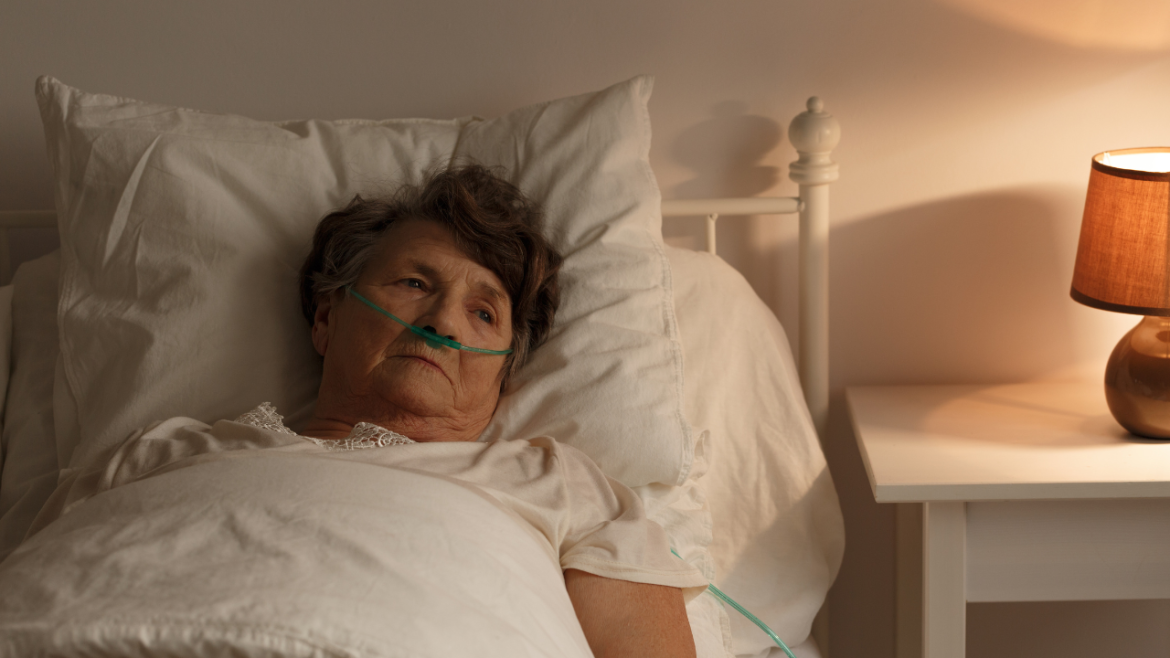Did you know that Leading Edge Senior Care has a Dementia Support Group? We meet monthly in Mesa. For more details <click here>
Should Seniors With Medical Issues Live Alone?
Should Seniors With Medical Issues Live Alone?
When considering the well-being of seniors with medical issues, determining whether they should live alone is a complex and emotional decision. This choice impacts not only the senior but also their loved ones. There are many factors to consider, from safety concerns to the quality of life. Understanding the risks and benefits can help families make informed decisions.
Safety Concerns for Seniors Living Alone
One of the primary concerns for seniors living alone is safety. Medical issues can significantly increase the risk of accidents and emergencies. Seniors with mobility problems are more likely to fall, and those with cognitive impairments might forget to take medications or leave appliances on. These risks can lead to severe consequences, making it crucial to assess whether living alone is truly safe.
Moreover, chronic illnesses such as diabetes, heart disease, or respiratory problems require regular monitoring. Living alone might delay the response to medical emergencies, exacerbating the situation. For instance, a senior experiencing a heart attack or stroke alone might not receive the immediate care needed, potentially leading to more severe outcomes or even death.
Social Isolation and Mental Health
Living alone can also contribute to social isolation and loneliness, which are significant issues among seniors. Social interaction is vital for mental health, and a lack of it can lead to depression and anxiety. Seniors with medical issues might already feel burdened by their conditions, and isolation can intensify these feelings.
In contrast, living with family or in a community setting can provide emotional support and companionship. These interactions help maintain mental well-being and can encourage seniors to stay engaged in activities that promote physical health. For example, participating in group activities or simply having someone to talk to daily can boost their mood and overall outlook on life.
Independence and Quality of Life
On the other hand, many seniors value their independence and prefer to live alone. This autonomy allows them to maintain a sense of control over their lives, which is essential for their dignity and self-esteem. For some, the thought of moving in with family or to an assisted living facility feels like a loss of freedom.
Balancing independence and safety is key. Technological advancements, such as medical alert systems and smart home devices, can help seniors live alone while staying connected to emergency services and loved ones. These tools can monitor health conditions, remind them to take medications, and alert caregivers in case of emergencies, providing a safety net that supports independent living.
The Role of Caregivers and Support Systems
Caregivers play a crucial role in the lives of seniors with medical issues. Regular visits from family members, friends, or professional caregivers can provide the support needed to ensure safety and well-being. These visits can include help with daily tasks, such as cooking, cleaning, and personal care, reducing the risks associated with living alone.
Additionally, home health care services offer medical support tailored to individual needs. Nurses and therapists can visit regularly to manage chronic conditions, administer medications, and provide physical therapy. This type of support can make a significant difference in the quality of life for seniors living alone.
Financial Considerations
Financial factors also influence the decision. Living alone might be more affordable for some seniors, especially those who own their homes. Assisted living facilities and in-home care services can be expensive, and not all families have the resources to cover these costs.
However, the costs of medical emergencies and the potential for accidents due to inadequate supervision can outweigh the expenses of assisted living or in-home care. It’s important to evaluate the long-term financial implications of each option.
Making the Decision
Ultimately, deciding whether seniors with medical issues should live alone involves weighing the benefits and risks. Each senior’s situation is unique, requiring a personalized approach. Families should consider safety, mental health, independence, caregiver availability, and financial aspects.
Discussions with healthcare professionals can provide valuable insights and help in making an informed decision. These professionals can assess the senior’s medical needs and suggest the best living arrangements to ensure their safety and well-being.
In conclusion, while living alone offers independence, it comes with significant risks for seniors with medical issues. Careful consideration and a supportive network can help ensure that the chosen living arrangement enhances their quality of life and provides peace of mind for their families.

